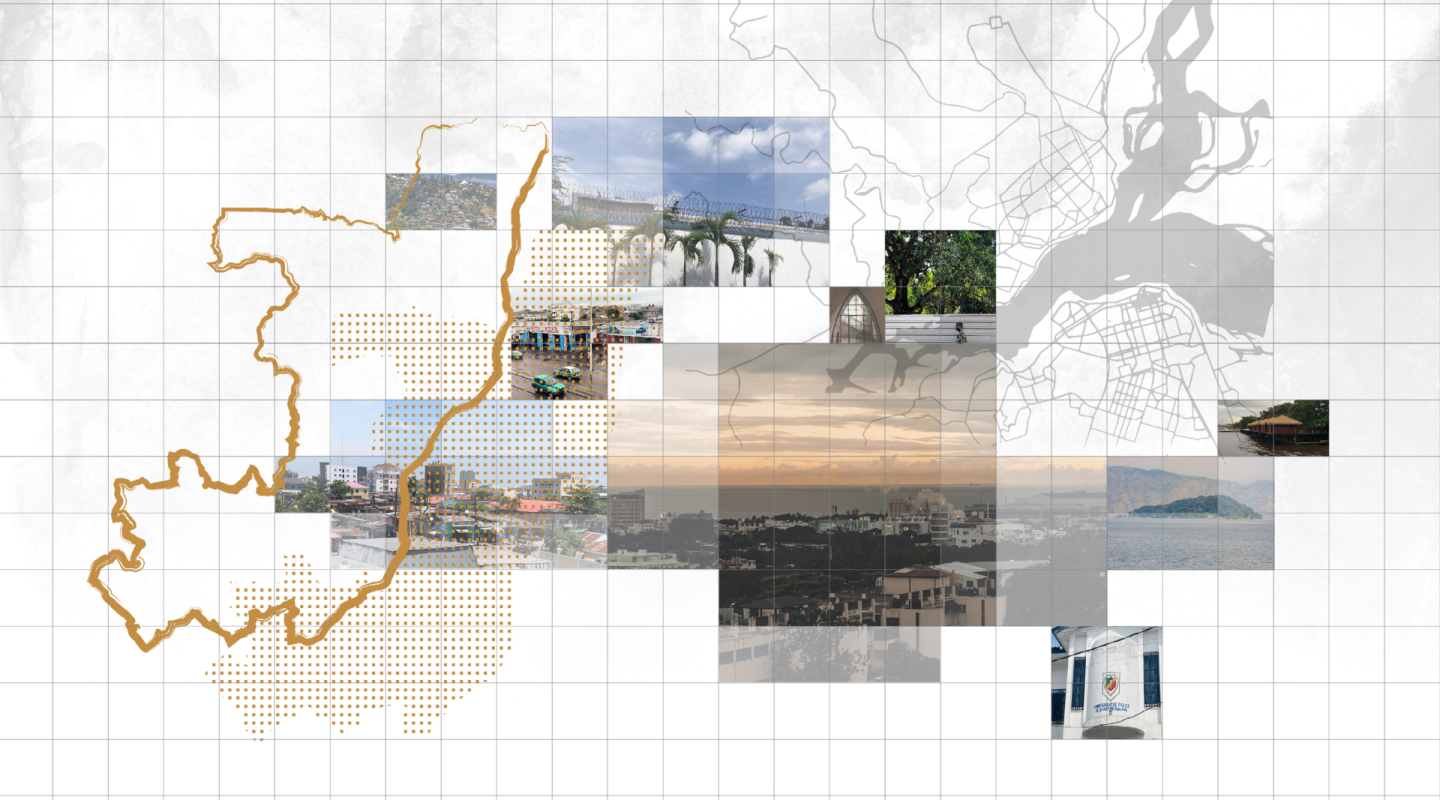
Republic of the Congo
Capital city — Brazzaville
Incarceration rate (per 100,000 inhabit…
i09/2019Country population
i2022Type of government
Human Development Index
0.571(153/191)
i2021/ UNDP, Human development summaryHomicide rate (per 100,000 inhabitants)
Data not disclosed
Name of authority in charge of the pris…
Ministry of Justice, Human Rights and t…since 1991
Total number of prisoners
1,600This figure corre…
i02/09/2022/ prison serviceAverage length of imprisonment (in mont…
Data not disclosed
Prison density
313 %The cited prison…
Total number of prison facilities
An NPM has been established
Female prisoners
2.1 %This figure corre…
i02/09/2022/ prison serviceIncarcerated minors
4.2 %This figure corre…
i02/09/2022/ prison servicePercentage of untried prisoners
66.4 %This figure does…
i02/09/2022/ prison serviceDeath penalty is abolished
Living conditions
Accommodation
The law establishes a minimum standard for living space per prisoner
no
Prisoners are accommodated in single cells
no
Dormitories are shared spaces. They typically hold between 30 and 40 people.
Prisoners sleep on
the floor or on mattresses on the floor
Prisoners sleep on the floor, on boxes or tattered bits of mattresses. The few mattresses available cause tension and arguments. They are often infested with parasites and lead to skin diseases and sleep problems.
All the prisoners are provided with bedding
The prison service is required to provide bedding to prisoners (Correctional Code, Article 86). Bedding is nevertheless extremely rare.
The cells/dormitories are equipped with heating and/or air conditioning
in some cases
Prisoners must buy fans for themselves.
Hygiene
Prisoners have access to water
outside of their cell/dormitory
Access to water is sporadic and unreliable. Prisoners do not have consistent access to water.
Showers are located in the cells/dormitories
-
Civil society organisations have noted that showers are too few in number and are poorly maintained.
The Correctional Code states that prisoners may wash themselves as often as possible and at least once every two days (Article 88). However, this clause is not applied. During visits to places of detention in 2015, the association Gathering for Peace and Human Rights (Rencontre pour la paix et les droits de l’Homme, RPDH) observed that prisoners go several days without washing themselves. The association stated that this contributed to “the spread of foul odours in the cells, as well as diseases related to environmental health”.
Types of sanitary facilities
latrines or buckets
Sanitary facilities are clean, adequate and accessible
no
Prisoners in police stations do not have clean, adequate and accessible sanitary facilities. They are forced to relieve themselves in front of everyone in a communal bucket. One person from each cell is designated to empty the bucket outside.
The prison service provides personal hygiene products free of charge
yes
The prison service is required to supply each prisoner with 250 grammes of soap per week for their personal hygiene and to wash their clothes (Correctional Code, Article 86). Civil society organisations have noted that, in reality, the soap quantity distributed is insufficient. The dormitory “boss” arbitrarily decides how soap is distributed.
Beddings are refreshed
no
The prison service is required to provide bedding to prisoners (Correctional Code, Article 86). Bedding is nevertheless extremely rare.
The prison service is required to provide prisoners with a prison uniform once a year (Correctional Code, Articles 57 and 87).
Access to water and soap for washing clothing is limited.
The Correctional Code states that prisoners may be assigned to general service in each facility (Article 115). They are in charge of keeping the detention facilities clean.
In 2015, the association RPDH reported a lack of organisation for the regular maintenance of the premises. “The cells are gradually becoming a garbage dump”, reported the association.
Food
Drinking water is free and available in all areas of the facilities
Number of meals per day
1
The prison service is required to provide prisoners with at least two meals per day (Code of Criminal Procedure, Article 82).
In 2021, only one meal was served per day in the country’s main prison facilities: the remand prisons of Brazzaville, Pointe-Noire, Ouésso and Dolisie. Budget restrictions were cited by way of explanation. Observers noted that facility management must purchase food on credit.
Food services are managed by
the prison service
Meals are prepared by surveillance staff members. Civil society organisations and religious entities distribute meals in detention. Families are also essential in providing access to food.
The prison service is required to meet nutritional standards regarding quality and quantity
The Code of Criminal Procedure stipulates that “prisoners have the right to healthy, balanced meals with sufficient nutritional value, provided by the prison facility” (Article 82). However, this clause is not applied. Various civil society organisations have reported that the food rations are inadequate. These organisations observe that the nutritional balance is better in big cities like Brazzaville and Pointe-Noire than in the rest of the country. However, meals vary little, and prisoners eat the same kinds of foods over and over. The menu typically includes rice and crushed cassava leaves (saka saka), and sometimes chicken or fish. Numerous cases of malnutrition have been recorded.
The prison service provides food that respects special dietary needs
Prisoners are allowed to receive food parcels
yes
Visitors can bring food parcels to prisoners. Each dish must be sampled in front of the surveillance staff at the entrance to the facility. Food parcels represent a significant expense for families. However, they remain essential due to the inadequacy of the meals provided by the prison service, especially for individuals with special dietary requirements. The Special Rapporteur on the rights of Indigenous Peoples observed during her visit in 2019 that indigenous prisoners in particular suffered from malnutrition. Their relatives live far from cities and are not able to bring them food.1
United Nations High Commissioner for Human Rights, country report, “Visit to the Congo – Report of the Special Rapporteur on the right of indigenous peoples”, 10 July 2020, p. 16. ↩